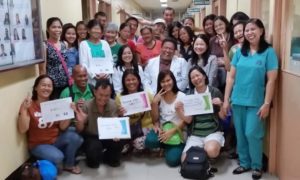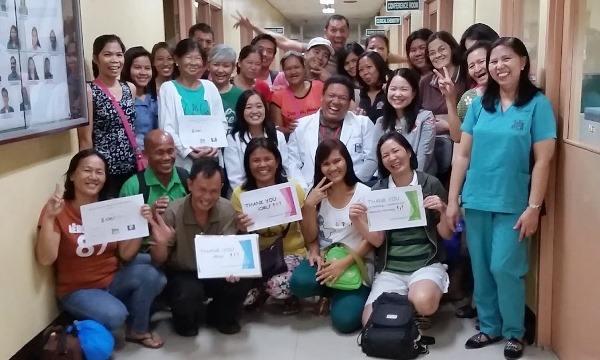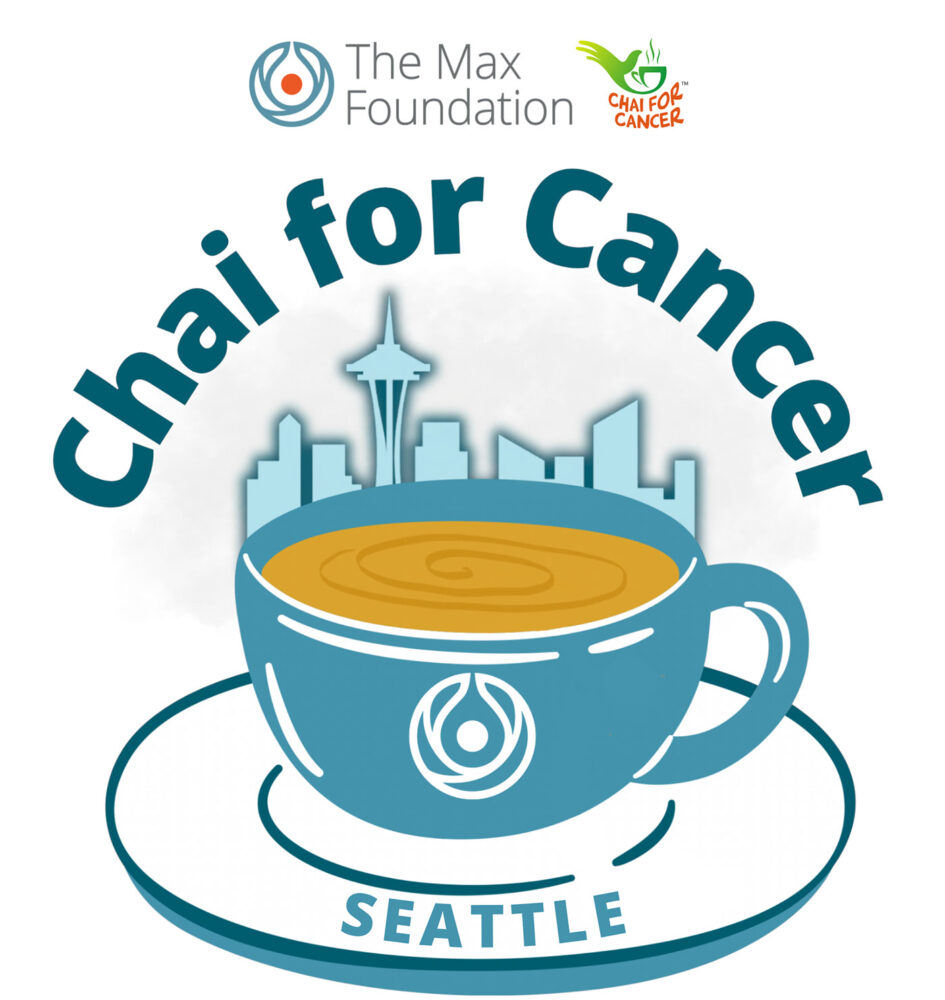
For people living with chronic myeloid leukemia (CML), regular disease monitoring using polymerase chain reaction (PCR) testing is critical to achieving successful health outcomes. Mutation testing is another key test for individuals who fail to respond to one or more treatments. Despite the importance of these tests, they are unaffordable and therefore inaccessible for many people living with CML in the Philippines.
A few months ago, The Max Foundation received a request from the Philippine General Hospital (PGH) for mutation analysis of some of their patients who have failed to reach the therapeutic milestones with their current treatment. PGH is a government hospital that serves more than 350 people living with CML in the Philippines.
The Max Foundation, in partnership with the local patient group Touched by Max (TBM), the International Chronic Myeloid Leukemia Foundation (iCMLf), SA Pathology and the University of Adelaide, and Fred Hutchinson Research Center, were able to arrange for 30 CML patients who were not responding to their current therapy to receive both PCR and mutation testing. The Max Foundation, TBM, and the iCMLf worked to coordinate the shipping of necessary testing materials to PGH for the mutation tests, and on March 24th, the PGH medical team assisted in taking the blood samples of the 30 individuals, the majority of whom had shown a lack of response to their first and second treatment options. Simultaneously, PCR tests were also collected for the same individuals thanks to the donation of easy to use paper diagnostic cards donated by Dr. Jerry Radich of the Fred Hutchinson Cancer Research Center. The cards were sent back to the Fred Hutchinson Cancer Research Center for analysis, while the mutation tests were sent to the University of Adelaide, Australia for mutation analysis.
The 30 people who were selected to receive the tests was extremely appreciative of being chosen as recipient of this project. Florenda, 44 years old who has live with CML for almost 15 years, said that even if the result are not good, it means a lot to her that her blood will be analyzed. Likewise, another CML survivor named Oscar said, that he is lucky to be selected to help his physician choose the right treatment protocol. It strengthens his hope to fight his disease. On the other hand, Mary Joy immediately sent a thank you message. She mentioned that it was her first time to have PCR and mutation test since she was diagnosed five years ago.
Dr. Rico Paolo Gomez Tee, the Chief Fellow in the Section of Hematology also said “We are now at an age where we have to do more for our patients. We have discovered more about the biology of the disease, and we have seen its behavior when things go awry. Thus the importance of molecular monitoring and mutation testing. Molecular monitoring makes us more confident in assuring that the leukemia is “asleep”. Eventually, as future researches come, we look forward to achieving a total cure where patients would stop taking drugs and be worry-free that their CML would not come back. There are times when even with excellent care, our patients do not seem to respond to treatment. And thus the further need for mutation testing. Such an examination would allow the physician to tailor treatment strategies for the patient. All of these strategies translate to excellent patient care, where thankfully the iCMLf and The Max Foundation have been very supportive especially to less fortunate countries. Efforts such as molecular monitoring and mutation testing have changed the therapeutic landscape of CML in the Philippines. Hopefully, the Philippines receives continuous support for our patients.”


